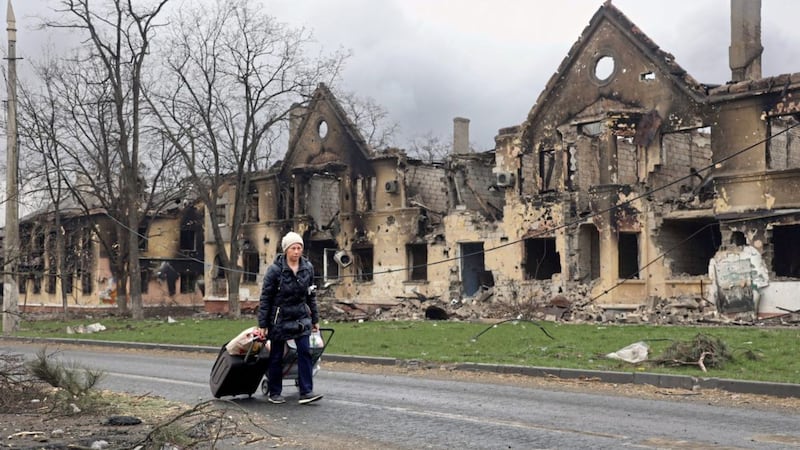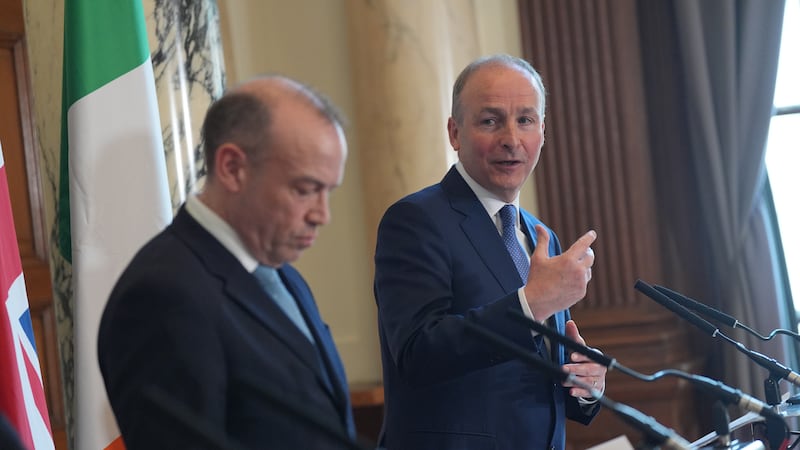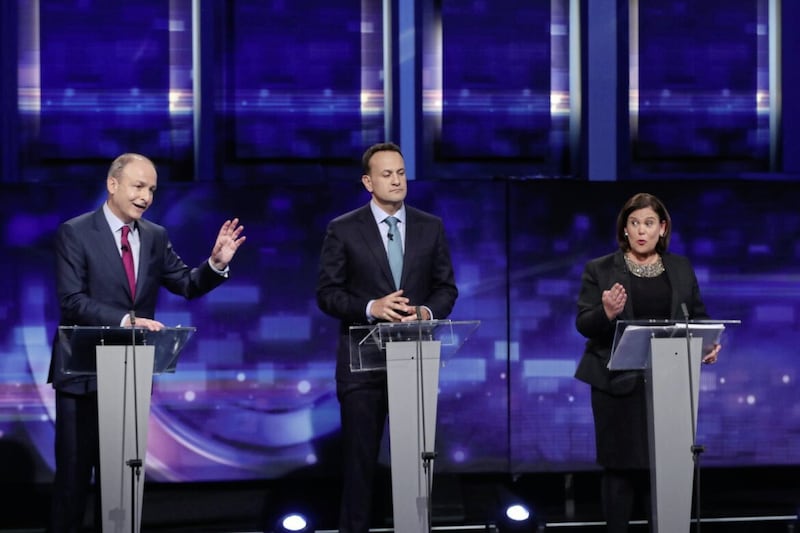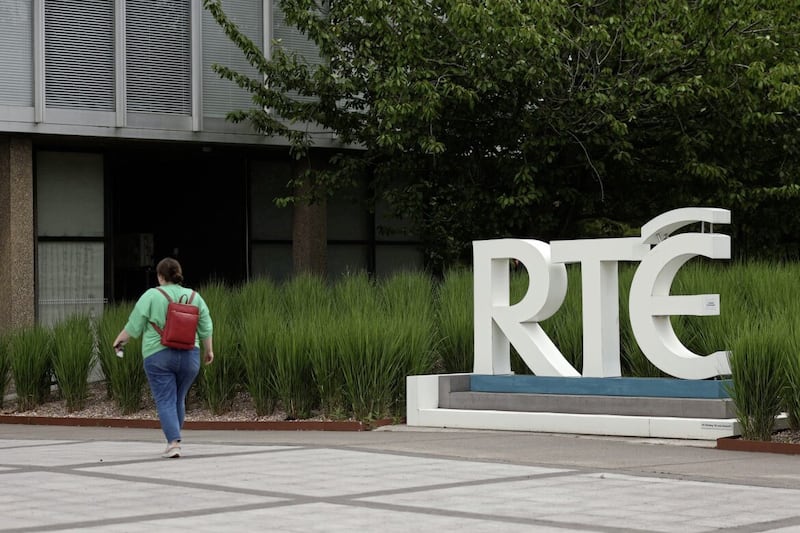ON a trip to Berlin six years ago, I visited the location of what used to be called “Checkpoint Charlie”, which was the best-known crossing-point between the Soviet bloc and the democratic world.
In November 1989, the Berlin Wall began to come down and we seemed to be entering a new era of peace and freedom. The Cold War was coming to an end and hopefully Russia would become a normal democracy like France or Italy.
For a while, things seemed to be heading that way. But now, Vladimir Putin exercises a high level of control over the lives of Russian citizens and is waging a war that poses a major threat to world peace. Joe Biden has accused him of probably the most serious crime against humanity. During a speech in Iowa last week, as the US President bemoaned the rise in motor-fuel prices caused by the war in Ukraine he told his audience: “Your family budget, your ability to fill up your tank, none of it should hinge on whether a dictator declares war and commits genocide half-a-world away.”
In an article on www.irishcentral.com New York-based journalist Niall O’Dowd comments: “It was a definitive statement and raised the question that, if it is genocide, can the world justify watching it happen day after day, night after night, from our comfortable armchairs? The answer is No.”
He continues: “The fear has been expressed that Putin will use nuclear weapons but even a madman knows that will lead to self-obliteration and the death of Russia.”
Calling for the US and Nato to live up to their responsibilities, the article concludes: “It looks like Biden, a fighting Irishman, will not stand by much longer.”
Originally from County Tipperary, O’Dowd played an important role in Irish-American circles during the process leading to the Belfast/Good Friday Agreement, but in this case he clearly doesn’t see any prospect of a negotiated settlement.
Unlike others such as myself, he doesn’t believe Putin would be foolish enough to press the nuclear button in the event of a full-blown international military intervention.
However, all may not be lost just yet. There are indications that the Russians have seriously modified their objectives. Having failed to take cities such as Kyiv, Kharkiv and Odesa they have pulled back their forces and seem to be focusing on Donbas and Luhansk, where they already had considerable control prior to the invasion. At time of writing, the fate of Mariupol remains in the balance.
Since we have just been marking the 24th anniversary of the Good Friday pact, are there any elements of it that could be applied to Ukraine? The most obvious one is that, when neither side is winning, it’s time to cut a deal. The Provisional IRA was not going to achieve a united Ireland through violence but the British would never be able to eliminate the Provos either.
At this stage, apart from the horrific Omagh bombing and certain other episodes, we have had almost a quarter-century of peace. Although there is still much work to be done, the prospect of a united Ireland achieved by peaceful democratic means has improved to a degree that was frankly unimaginable back in 1998.
I rather doubt that Putin is an avid student of the Good Friday process and there are significant differences between the two situations. But maybe someone in his administration should take a look at the results of that peaceful settlement, e.g., recent polls suggesting that Sinn Féin have a serious prospect of becoming the main party in both the northern administration and the southern government. Presenting a more moderate face to the world could eventually benefit the Russians, who have become international pariahs to a considerable extent in the last two months.
Russia came in for sharp criticism from Micheál Martin last Thursday at the Global Ireland Summit in Dublin Castle, an impressive gathering of Irish diplomats and other public servants as well as members of the artistic community. The taoiseach said: “As we meet today with a terrible and immoral war raging in Europe, where hard power is doing its damnedest to cast aside multilateral institutions and international law, we need to redouble our efforts to ensure that hard power for hard power’s sake does not win.”
Ireland is not a member of Nato and its neutral status would prevent it from being involved in any military intervention in Ukraine but it could be part of peace-making efforts which hopefully will emerge in the not-too-distant future.
Email: Ddebre1@aol.com; Twitter: @DdeBreadun








